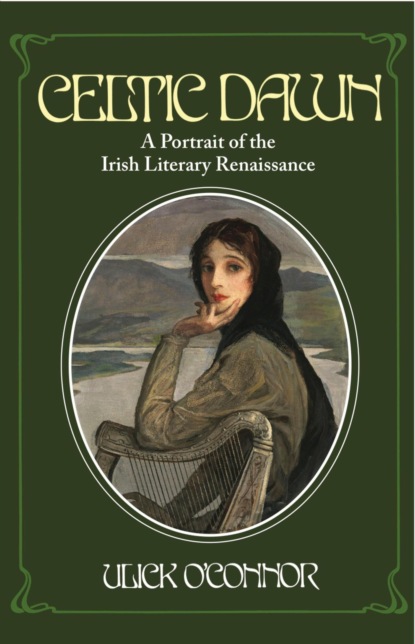Umfang 480 Seiten
0+
Über das Buch
Dublin is the only city in the world to produce three Nobel Prize winners for literature. An indication that something remarkable was taking place, not only in the capital but in the whole country, came in the extraordinary confluence of talent which appeared at the end of the nineteenth century. The names alone – W. B. Yeats, George Moore, George Russell (AE), James Joyce, George Bernard Shaw, John Synge – spell out a renaissance. The revival of the Irish language, folk movements and growing nationalism were other ingredients. Ulick O'Connor has created a brilliant composite portrait of the figures who dominated the era of this literary renaissance. He has written the story of the rebirth of a nation with so much local colour that at times it reads like a novel. Yet every event took place and minor characters are not neglected. Celtic Dawn is acute, passionate, sometimes partisan, a pioneer work of biography, and compulsive reading even for those not closely acquainted with the figures who fills its pages.
